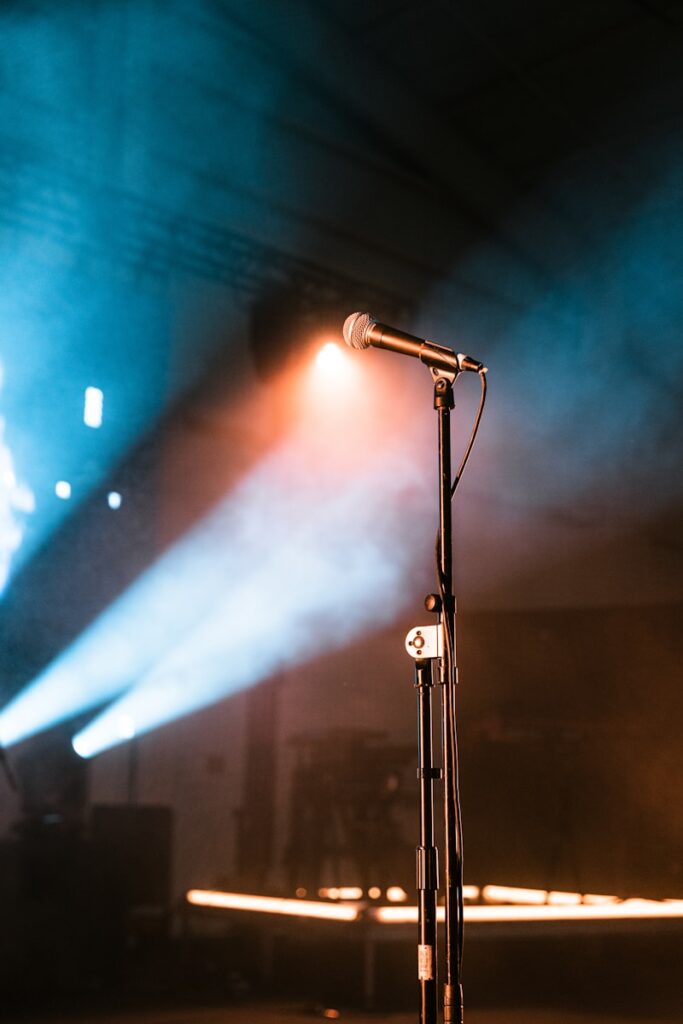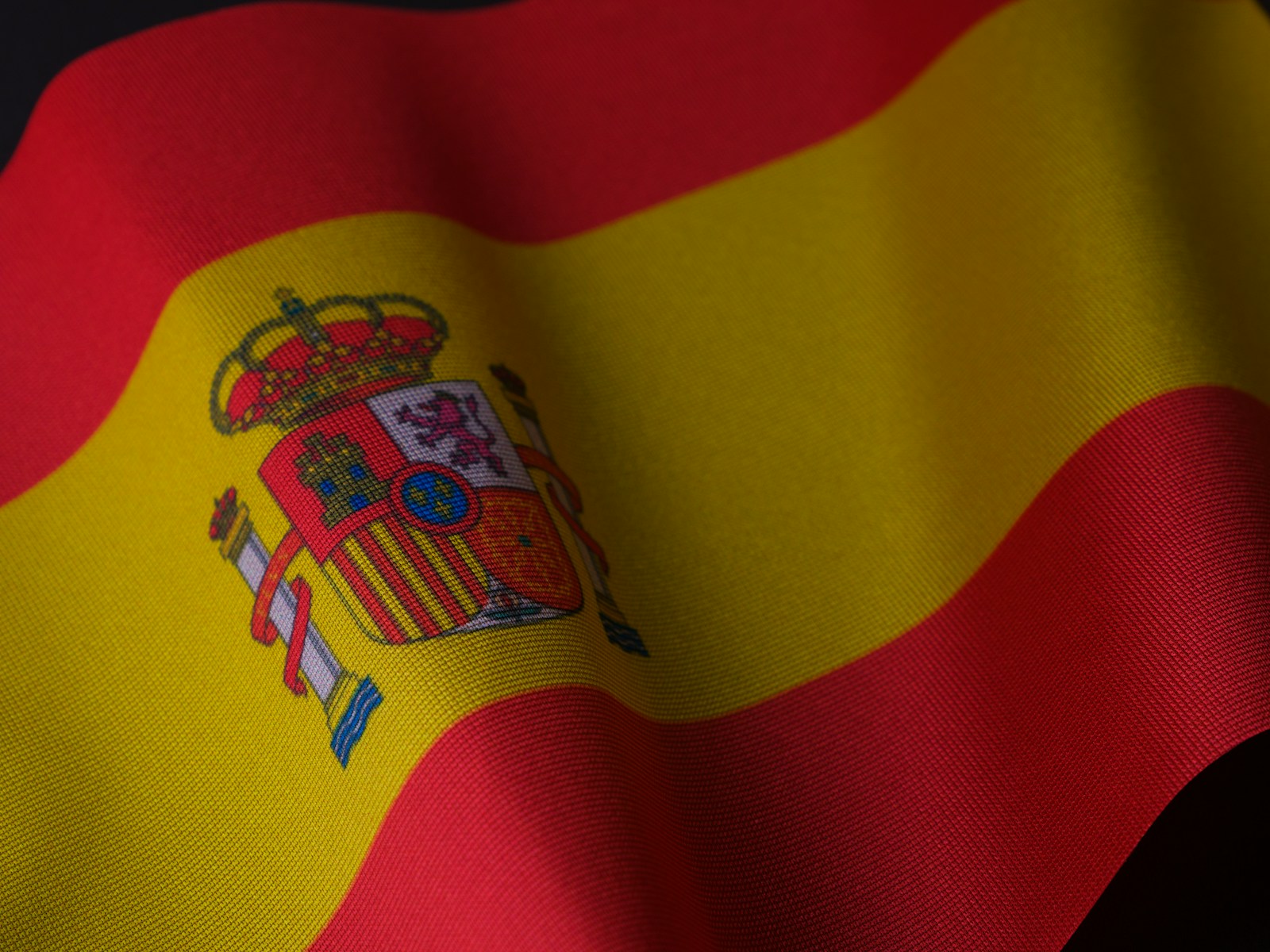What Does ‘Que Será’ Mean in Spanish? Complete Guide
Have you ever found yourself humming along to Doris Day’s classic song, wondering what those mysterious words, “que sera, sera,” actually mean? You’re not alone. We’ve all been there—caught in the melody, feeling the wistful vibe, but left scratching our heads about the language.
Imagine you’re sipping a warm cup of coffee on a rainy afternoon, the tune playing softly in the background. It feels comforting, like a cozy blanket, but there’s an itch you can’t scratch. What if I told you that understanding “que será, será” could add a whole new layer of meaning to that familiar song?
What Does “Que Sera” Mean in Spanish? Understanding the Popular Phrase

You’ve probably heard the iconic song “Que Sera, Sera” by Doris Day and wondered, “What does that phrase actually mean?” Let’s jump into the charm and intrigue behind this famous expression.
Understanding the Basics of “Que Sera”
The phrase que sera often translates to “whatever will be, will be.” It suggests a sense of calm acceptance about whatever the future holds. Though it sounds poetic, it’s not grammatically correct in either Spanish or Italian, yet it remains popular.
The Literal Translation of “Que Sera”
Literally, que sera means “what will be.” This might seem straightforward, but the phrase carries deeper connotations of accepting the unknown and embracing life’s unpredictability.
Common Usage of “Que Sera” in Spanish-Speaking Countries
In everyday conversations, Spanish speakers might not use que sera exactly. Instead, they’ll say lo que será, será, which translates correctly and carries the same sense of resignation to fate. The phrase has woven itself into cultural discussions, even if it’s not grammatically proper.
Phrase | Literal Translation | Common Usage |
|---|---|---|
Que sera | What will be | Whatever happens |
Lo que será, será | What will be, will be | Mistakes avoided |
Adopting this expression into your phrases can add a touch of philosophical calmness to your life. So, next time you hear that classic tune, you’ll appreciate its laid-back wisdom even more.
The Origin and Cultural Significance of “Que Sera”
Jump into the fascinating origins and cultural significance of Que Sera. This phrase, often linked to Doris Day’s song, has roots that go much deeper. Let’s explore how it traces its origins and what it truly reflects in Spanish philosophy, and compare it to similar expressions in other languages.
Tracing the Roots of the Phrase in Spanish Language
The phrase Que Sera, Sera might sound like a common Spanish saying, but it’s far from traditional. Originating in the 16th century, it was first an English heraldic motto often used by nobility. Both Spanish-like and Italian-like forms emerged during this time. Famous English works, such as Christopher Marlowe’s play Doctor Faustus and Charles Dickens’ novel Hard Times, documented the phrase long before it became mainstream. Surprisingly, the grammatically correct Spanish equivalent is “lo que será, será.“
How “Que Sera” Reflects Spanish Philosophy
Que Sera, Sera encapsulates a fatalistic attitude, implying that the future is out of our control. This idea transcends Spanish culture, resonating with anyone who believes in fate’s unyielding grip. Think about it—doesn’t accepting whatever comes your way bring peace of mind? When you embrace this philosophy, as Spanish speakers often do with “lo que será, será,” you begin to navigate life with a certain calmness, leaving the burden of overthinking behind. Why should this matter to you? It offers a refreshing way to ease life’s unpredictability.
Similar Expressions in Other Languages
This time-honored concept isn’t unique to Spanish philosophy. Various cultures embrace similar expressions, showing a universal acceptance of fate. English speakers might say, “Whatever will be, will be,” embodying the same sentiment. In French, the saying “Ce sera ce qui sera” reflects similar acceptance. Italians have their own version: “Che sarà, sarà.”
Language | Phrase | Translation |
|---|---|---|
English | Whatever will be, will be | Same as Spanish |
French | Ce sera ce qui sera | What will be, will be |
Italian | Che sarà, sarà | What will be, will be |
Each phrase encapsulates a shared human experience, offering comfort in the unpredictable journey of life. Are you ready to embrace this calming philosophy, acknowledging that some things are just meant to be?
“Que Sera” in Everyday Spanish Conversations

Have you ever wondered how to express acceptance of the unknown in Spanish? “Que será” is your go-to phrase. This expression captures a laid-back attitude toward life’s unpredictability. Let’s jump into its usage, regional variations, and presence in media and literature.
When and How to Use “Que Sera” Appropriately
You might hear “que será” in casual settings when someone feels that the outcome of a situation is out of their hands. Imagine you’re uncertain about a job interview. A friend might tell you, “Que será, será”, implying that the result will unfold no matter your worries.
Examples:
These instances show how “que será” offers comfort and acceptance, encouraging you to embrace whatever comes.
Regional Variations Across Spanish-Speaking Regions
While widely used, “que será” might sound slightly different across Spanish-speaking countries. Pronunciation and context can vary, though the core meaning remains unchanged.
Examples:
Such variations add color to the expression, reflecting local linguistic flavor.
“Que Sera” in Spanish Media and Literature
This phrase doesn’t just live in conversations; it’s also prominent in Spanish media and literature. In books, movies, and songs, “que será” often captures a character’s resignation to fate.
Examples:
These media representations embed the phrase deeply into cultural expressions, making it a powerful tool for conveying acceptance and inevitability.
Context | Phrase in Action | Example |
|---|---|---|
Casual Conversations | Expressing resignation | “Que será, será“ |
Stressful Situations | Comforting someone | “No te preocupes, que será, será“ |
Regional Expressions | Spain versus Mexico | Softer ‘r’ vs. emphatic tone |
Media and Literature | Highlighting fate in stories | Echoes in Gabriel García Márquez’s works |
Feel the ease this phrase brings. Next time you’re faced with uncertainty, remember “que será, será” and let go with grace.
The Global Impact of “Que Sera”

You’ve probably heard the phrase que será, será thrown around in everyday conversations, movies, or music, but have you ever stopped to think about where it came from and why it’s so popular? Let’s jump into how this simple phrase has made waves worldwide.
“Que Sera, Sera”: The Song That Made It Famous
When you hear que será, será, you might instantly think of Doris Day’s charming voice from the 1956 song. This catchy tune from Alfred Hitchcock’s film “The Man Who Knew Too Much” helped cement the phrase into pop culture. But why should you care about a song from the ‘50s? Well, this song didn’t just stay within the era’s movies. It crossed generational lines, appearing in TV shows, commercials, and even karaoke bars – proving its timeless appeal.
Year | Event |
|---|---|
1956 | Song “Que Sera, Sera” by Doris Day released |
1964 | Won Academy Award for Best Original Song |
2007 | Added to National Recording Registry by the Library of Congress |
This song resonates with so many because it encapsulates a universal truth: the future is unpredictable. When Doris Day sang, “Whatever will be, will be,” it struck a chord that transcended cultures and languages.
Adoption of “Que Sera” in Non-Spanish Languages
Interestingly, while que será originates from English roots and bears Spanish-like spelling, it’s been adopted and adapted by other languages, making it even more fascinating. You may wonder, “How did this phrase become a global sensation if it’s not even correct Spanish?” That’s part of its charm – it’s a little bit of everything yet fits nowhere neatly, much like our own unpredictable lives.
In Italian, you’ll see it as Che sarà sarà. It pops up in literature and film, offering the same comforting acceptance of fate. Even in Portuguese poetry, the phrase finds a home, used to evoke lyrical beauty. Isn’t it intriguing how a few words can traverse languages and still make sense?
Language | Adaptation |
|---|---|
Italian | Che sarà sarà |
Portuguese | Que será (in poetic use) |
These adaptations continue to spread the phrase’s message: life’s unpredictability is something to embrace, not fear. This global resonance might make you reflect on your phrases that carry similar weight. Why shouldn’t a simple phrase offering a sense of calm and acceptance become a worldwide mantra?
If you’re looking for a way to encapsulate the uncertainty of the future with a touch of grace, consider que será, será. Whether through memorable songs or cross-cultural adoptions, this phrase reminds us that some things in life are beyond our control, and that’s okay.
Mastering the Use of “Que Sera” in Spanish
“Que sera” conveys a sense of accepting life’s unpredictability. It’s not just a phrase; it’s a mindset. Let’s jump into how you can smoothly incorporate it into your Spanish vocabulary and impress your friends or colleagues.
Pronunciation Guide for Non-Native Speakers
Pronouncing “que sera” correctly enhances your Spanish experience. Here’s a quick guide to get it right:
Try repeating it a few times: “keh seh-rah”. Simple, right? Imagine chatting with a friend about uncertain plans, and you’ll sound just like a native.
Incorporating “Que Sera” into Your Spanish Vocabulary
Using “que sera” in conversations can express acceptance and calm in the face of uncertainty. Here are practical examples to get you started:
Using “que sera” can also soften the blow of unexpected changes. Spanish speakers appreciate the nuance of combining a calming phrase with everyday uncertainties, making conversations more relatable and comforting.
Why It Matters
Why care about adding “que sera” to your vocabulary? It illustrates cultural awareness and emotional intelligence. It acknowledges that not everything’s within our control and conveys a decent grasp of the Spanish language’s subtleties. Plus, it opens up richer, more meaningful conversations in both personal and professional contexts.
Incorporating these phrases can be transformative, turning simple language into a bridge that connects across cultures. You aren’t just learning words; you’re embracing a philosophy. Practice these examples next time uncertainties arise in conversation, and you’ll find yourself resonating more deeply with others.
Common Mistakes to Avoid When Using “Que Sera”
Exploring “que sera” can be fun, but messy if misused. Avoid these common pitfalls to use it confidently.
Misinterpreting the Phrase’s Meaning
Many mix up the origins and translations. “Que sera, sera” isn’t correct Spanish. It’s a blend of Spanish, Italian, and French. In Spanish, you’d say “lo que será, será.” Mistaking “que sera” for anything literal misguides others. Remember, it translates to “what will be, will be.” Wondering why it matters? Accurate usage enriches cultural conversations, showing you’re informed and respectful of language nuances.
Incorrect Pronunciation Errors
Pronunciation trips up many. Incorrectly saying “kay suh-rah” instead of “keh seh-RAH” damages your credibility. Mispronouncing might seem minor, but imagine someone misnaming your favorite food. It’s jarring, right? Practice saying it correctly, and feel more connected to native speakers.
Incorrect | Correct |
|---|---|
kay suh-rah | keh seh-RAH |
Using “Que Sera” in Inappropriate Contexts
Context is king. Dropping “que sera” in every other sentence annoys or confuses listeners. It fits when discussing fate or future uncertainty. Using it when talking about something decisive makes it sound off. Picture using “YOLO” in a formal business meeting—awkward, right? Place “lo que será, será” wisely to resonate more deeply.
Mastering “que sera” not only sounds cool but also cements your cultural fluency. Integrate it smoothly, and you’ll leave a lasting, positive impression.
Conclusion
Embracing the phrase “que será, será” can open doors to deeper cultural connections and a more profound appreciation for life’s uncertainties. By understanding its origins and significance, you’ll be better equipped to use it accurately and meaningfully. Remember to pay attention to pronunciation and context to avoid common pitfalls. With practice, “que será, será” can become a valuable part of your linguistic toolkit, enriching your conversations and broadening your cultural horizons.
Frequently Asked Questions
What does “que será, será” mean?
“Que será, será” translates to “whatever will be, will be”. It’s an expression of a fatalistic attitude, accepting that the future is unpredictable and beyond one’s control.
Where did the phrase “que será, será” originate?
The phrase traces its roots to an English heraldic motto, with variations found in Spanish and Italian. It gained widespread popularity through Doris Day’s 1956 song.
How did Doris Day’s song impact the phrase “que será, será”?
Doris Day’s 1956 song popularized the phrase, making it a global anthem for accepting life’s uncertainties. The song significantly enhanced its cultural resonance across different languages and societies.
Is “que será, será” used in modern conversations?
Yes, “que será, será” is still used in modern conversations to express a laid-back, accepting attitude toward unpredictable future events.
What are some common mistakes when using “que será, será”?
Common mistakes include misinterpreting its meaning, incorrect pronunciation, and using it in inappropriate contexts. It’s important to understand its cultural significance to use it accurately.
How can I correctly pronounce “que será, será”?
It should be pronounced as “keh seh-RAH seh-RAH”. Emphasize the second and last syllables for correct pronunciation.
Can “que será, será” be used in formal settings?
While “que será, será” is more suitable for casual conversations, understanding its cultural context can enhance communication in various settings, including more formal ones.
Why is accurate usage of “que será, será” important in cultural conversations?
Accurate usage demonstrates cultural fluency and respect, which can leave a positive impression during cross-cultural interactions. It shows an understanding and appreciation of the phrase’s nuanced meanings.






